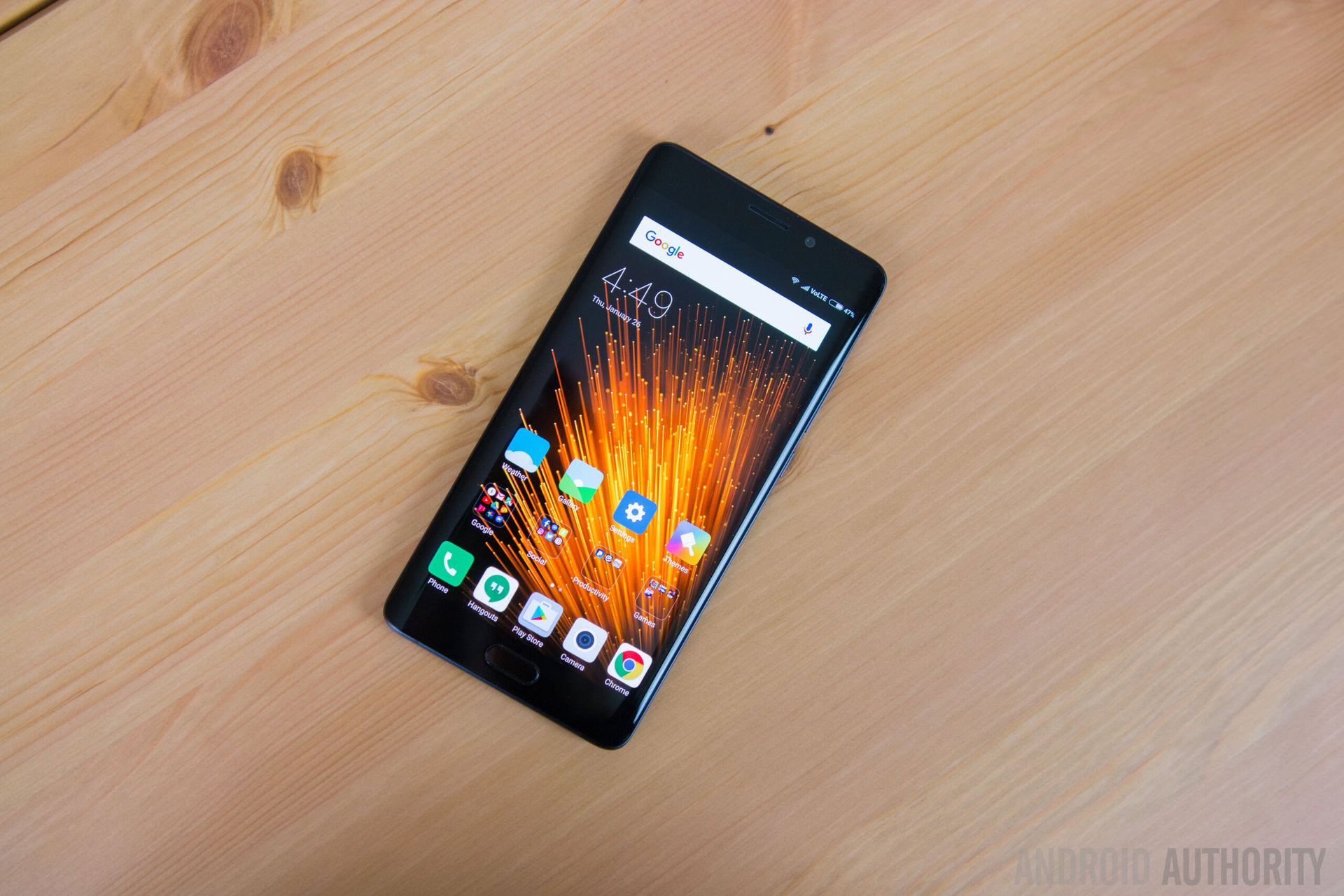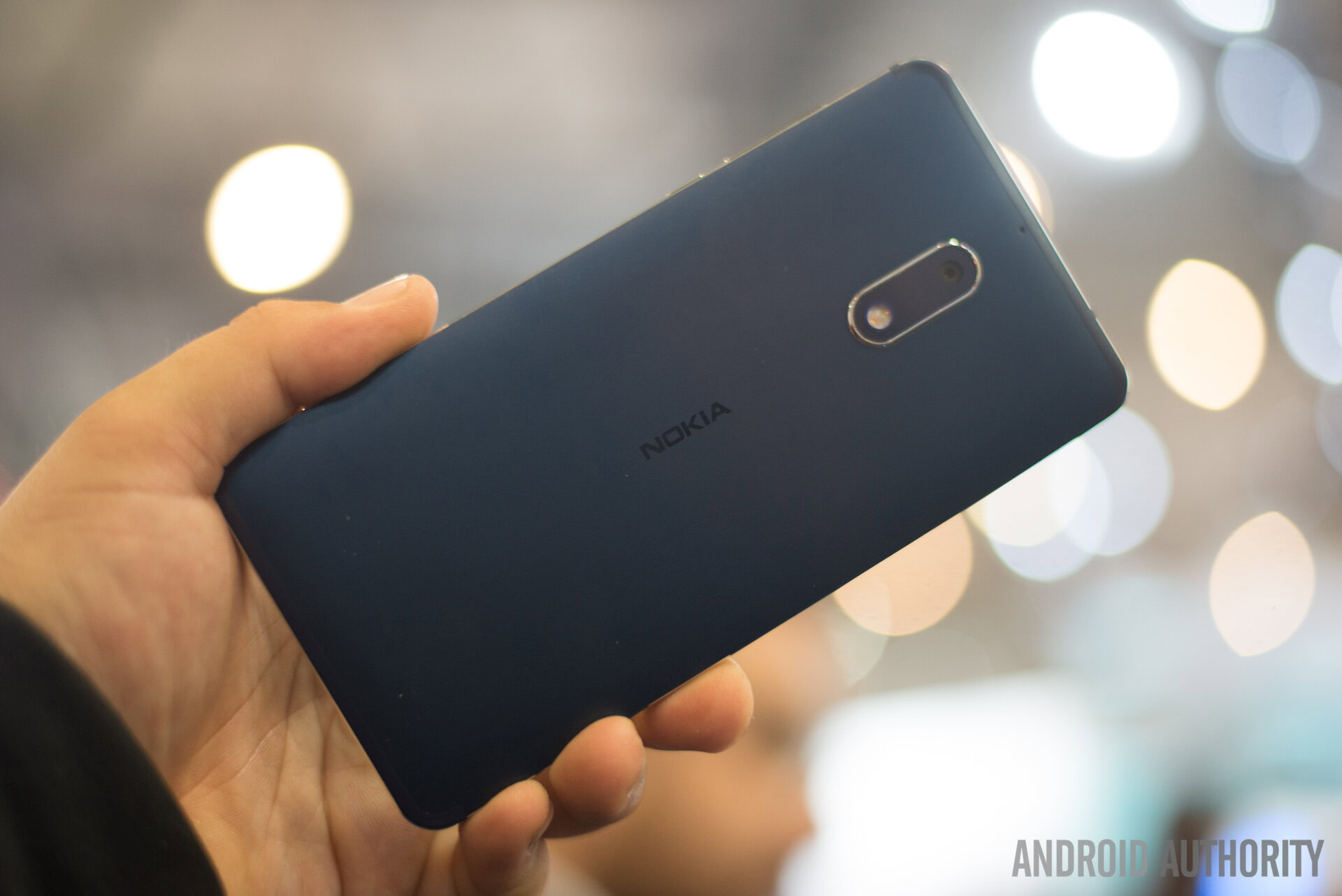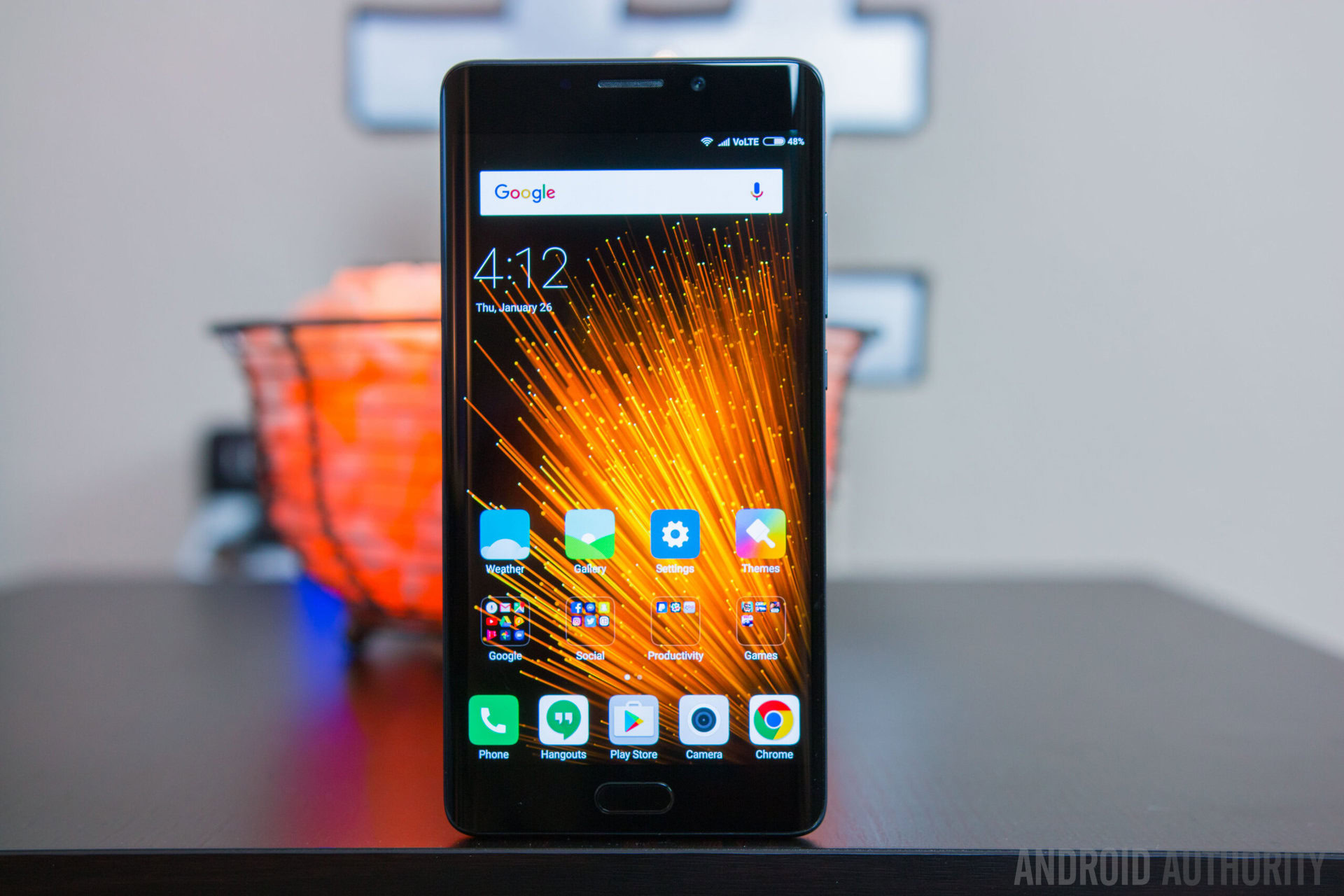Affiliate links on Android Authority may earn us a commission. Learn more.
Xiaomi and Nokia join forces with multi-year patent deal

Nokia has announced a new “multi-year” business venture with Xiaomi which will see the companies collaborate on “a wide range of strategic projects.” Nokia made the announcement in a press release earlier today, stating that the deal would include the cross-licensing of each other’s “cellular standard essential patents.”
The agreement is predominantly concerned with network infrastructure — currently one of Nokia’s major focuses — but also may see the companies “explore opportunities” in areas such as “Internet of Things, augmented and virtual reality, and artificial intelligence.”
“Our collaboration with Nokia will enable us to tap on its leadership in building large, high-performance networks and formidable strength in software and services, as we seek to create even more remarkable products and services that deliver the best user experience to our Mi fans worldwide,” said Lei Jun, chairman and CEO of Xiaomi.
The news arrives following a Nokia/Xiaomi deal earlier this year on fibre-optic networks and a “Private Cloud.”

Meanwhile, HMD Global, which has a licensing agreement to sell phones under the Nokia name, is rumored to be on the verge of a separate deal with Xiaomi on its Surge S1 chips. These are Xiaomi’s in-house SoCs designed for midrange phones, which could make them a good fit for future Nokia-branded handsets (HMD Global is currently targeting a sub-$250 price bracket with its devices).
The Surge S1 is home to an octa-core processor composed of four 2.2 GHz Cortex-A53 cores and four 1.4 GHz Cortex-A53 cores and Mali-T680 MP4 graphics. The chip was built with a focus on Chinese networks rather than US, however, and so may not provide full support for LTE networks. This could indicate that HMD Global wouldn’t target the States with the phones that feature them.

These moves certainly seem like positive steps for Xiaomi. Generating income and developing its chip manufacturing business may help it challenge the three largest phone manufacturers — Samsung, Apple and HUAWEI — all of whom also manufacture their own SoCs. While it’s difficult to gauge the effects of the networking deal could have on Xiaomi, access to Nokia’s expertise can’t hurt.
HMD Global, on the other hand, would gain access to potentially lower-cost chips that are better suited for the intended markets of its upcoming devices. Two of its three Nokia-branded phones utilize Snapdragon chips, from US manufacturer Qualcomm, despite that its phones aren’t currently available in that region.
What are your thoughts on the Nokia, Xiaomi, and HMD Global partnerships? Let us know in the comments.